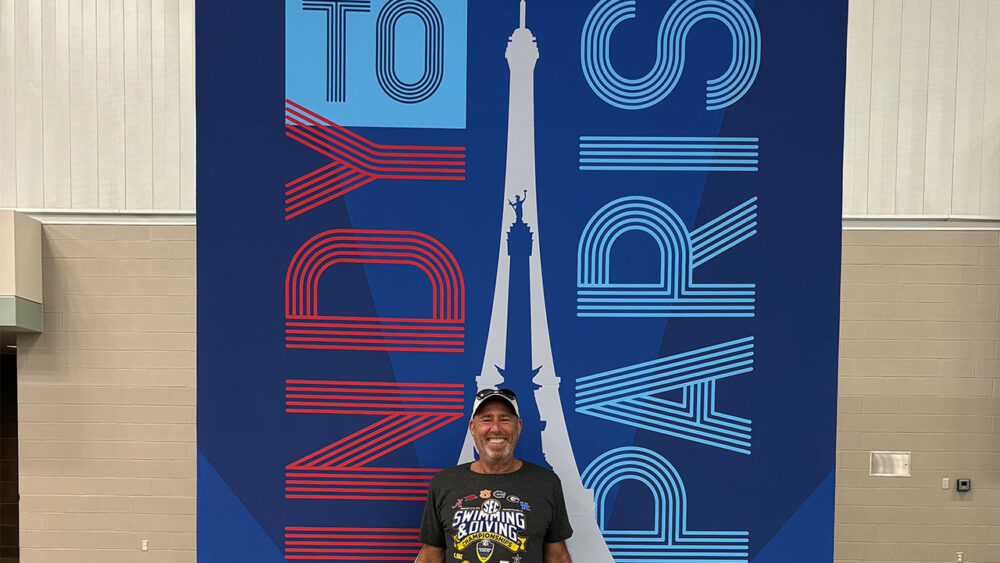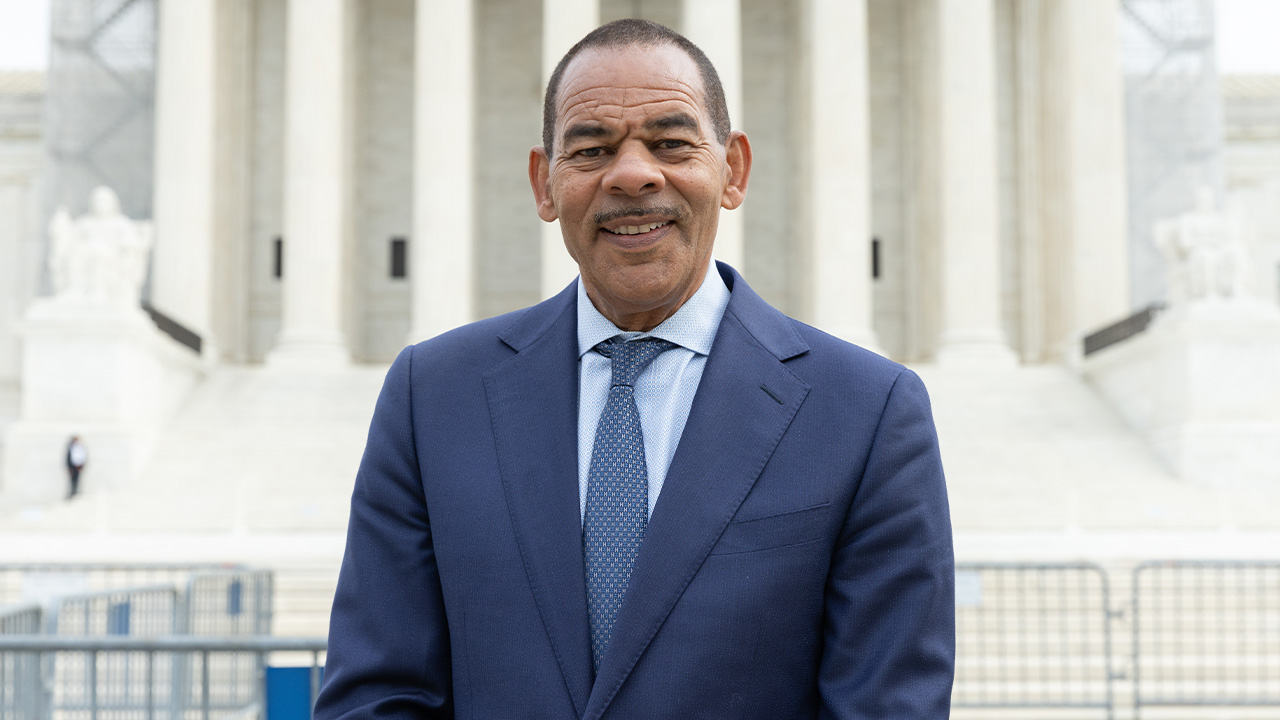Alan Fertel has spent the vast part of his law career dedicated to safeguarding the interests and maximizing the careers of some of the most accomplished Olympians over the last decade. The South Florida lawyer practices at the law firm Weiss Serota Helfman Cole + Bierman in Miami and specializes in the legal aspects of endorsement deals and business agreements. Fertel prioritizes his clients’ best interests while offering strategic advice without assuming the role of an agent.
“The representation of Olympic athletes is different than the representation of other professional athletes due to the fact that their careers run on a four-year cycle and that most people do not care about Olympic sporting events in the off years,” he says. “So, it is important to have clients that have the talent who can obtain multiple Olympic sponsorship and endorsement deals.”
His Olympians include:
- Caleb Dressel: Fertel has been Dressel’s lawyer for nine years, assisting with significant sponsorship agreements, including with Speedo. Additionally, Dressel, a seven-time gold medalist, has qualified for four swimming events in the upcoming Olympics.
- Bobby Fink: Fertel has worked with Fink, a two-time gold medalist in swimming, for six years. He is sponsored by TYR.
- Eddy Alvarez: Alvarez is a distinctive sportsman who has succeeded in both the Summer and Winter Olympics. He competed in baseball during the Tokyo Summer Olympics and speed skating at the Sochi Winter Olympics. He also played Major League Baseball for the Miami Marlins and Los Angeles Dodgers.

The most unique challenge faced by being an Olympian’s lawyer for Fertel is the career life cycle of the athletes. With Olympic swimmers in particular, the swimsuit manufacturers avoid signing multi-year Olympic sponsorship deals because they cannot predict if the Olympian will maintain greatness for eight years. Therefore, they default to one Olympic deal, which has to be renegotiated after the prior Olympics based on the athlete’s performance.
“Both sides are gambling, and it is even possible that another brand will sign the swimmer away,” he says. “Also, most swimmers, with the exception of elite swimmers, do not make generational wealth money. They make good money and they are paid by United States Swimming for medals, as well as bonuses from their endorsement contracts for winning gold, silver or bronze medals, but the lack of constant attention, whether it be television or professional swim meets, makes it more difficult on the lawyer and the agent to get eight-year deals immediately and to keep the “buzz” going during the non-Olympic years.”
One of the biggest challenges Fertel faces representing Olympic athletes involves balancing the legal challenges of endorsement deals and business agreements while also ensuring the best for his athletes. Unlike an agent who operates on a straight contingency, Fertel works on a contingency basis and provides his services to clients at an hourly rate.
“I have the ability to be less biased and be free in my constructive criticism, offering both the good points and bad points of the deal, especially since I have no financial interest in the deal other than billing at my hourly rate,” the South Florida lawyer says. “My clients understand that I handle their matters on an hourly basis to allow them to be in a position to make a more informed and intelligent business decision.”













